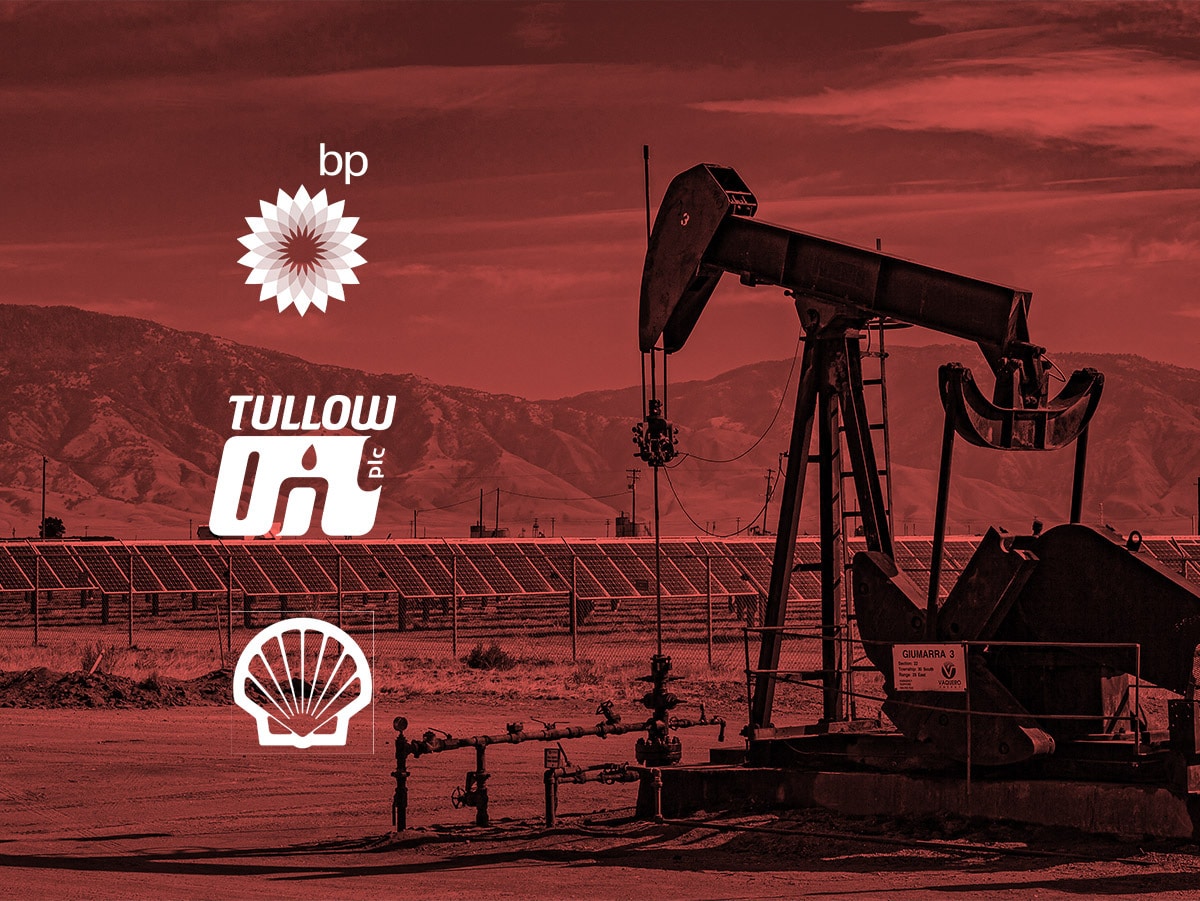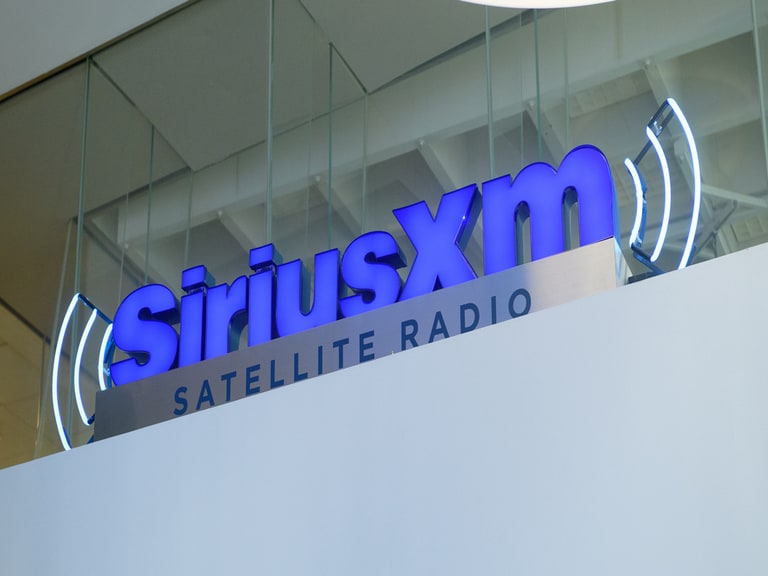The share prices of oil majors, including Shell and BP, have soared as oil and gas prices have hit multi-year highs. Ofgem’s recent hike in the energy cap is further evidence of this. Smaller oil producer Tullow Oil’s share price has also increased, but not as significantly as its larger counterparts.
While the FTSE 100 has had a volatile performance in the year-to-date, oil giants have performed excellently over the past 12 months. Indeed, as of 30 August, the Shell [SHEL.L] share price has climbed 63.4%, while the BP [BP.L] share price has risen 51.2%. Tullow Oil [TLW.L], a much smaller oil producer, has a share price that’s risen a more disappointing 16.2% over the same period, amid some wider uncertainties surrounding its recent merger.
As the general public has been struggling with rising energy costs, oil and gas producers have been benefitting immensely. Indeed, the price of Brent crude rose to over $100 per barrel earlier this year, up from around $70 per barrel this time last year. For this reason, oil and gas majors have been posting incredible results over the past few months.
BP share price: best short-term performer
BP have been one of the main beneficiaries of the recent oil and gas price hike. Indeed, in its recent second quarter results, underlying profits reached over $9.2bn, the second highest in the company’s long history.
These strong results led to a 10% increase in the quarterly dividend to over $0.06 per share, alongside a decrease in net debt to $22.8bn, down from $27.5bn in the first quarter of the year. It also announced plans for a $3.5bn share buyback to be completed prior to the release of Q3 results. This has led to the BP share price climbing 12.3% in the past month, making it the top short-term performer of these three oil and gas companies.
Analysts are also confident about the future for BP shares. According to TipRanks, the shares have nine ‘buy’ ratings and four ‘hold’ ratings out of 13 analysts. With an average price target of 516.38p, this implies an upside of 14.9% on its 30 August closing price.
Shell share price: excellent long-term performance
Over the past year, the Shell share price has outperformed both BP and Tullow Oil. This has been heavily due to the company’s excellent results. In the first half of 2022, adjusted earnings reached $20.6bn, a 135% increase year-over-year. At the same time, the company’s gearing ratio, which measures how leveraged the company is, fell from 27.7% to 19.3%.
Like BP, shareholder returns have also been increasing at a rapid speed, and this is a fundamental reason why Shell has slightly outperformed BP on a yearly basis. Indeed, alongside the 21% increase in the first-half dividend to $0.50 per share, the share buyback programme prior to the third quarter also totals $6bn.
However, with the windfall tax imposed on oil and gas companies earlier this year, the Shell share price has lost some momentum over the past month, with a moderate rise of 7.3%.
Analysts remain confident regarding the Shell share price. According to the Financial Times, out of 25 analysts the shares have five ‘buy’ ratings and three ‘hold’ ratings, with 17 ‘outperform’. There is a median price target of 2,823.45p, which implies an upside of 20.6% on its 30 August closing price.
Tullow Oil: concerns around the merger
While Tullow Oil has benefited from the rising price of oil and gas, it has significantly underperformed compared to rivals BP and Shell. This is mainly because Tullow remains unprofitable, despite the recent favourable environment for oil and gas producers. Indeed, in its fiscal 2021 trading update, the company reported a net loss after tax of $81m, mainly driven by exploration costs written off, impairments and restructurings. Therefore, in the past six months, the Tullow Oil share price has dropped 3.6%.
There have also been many concerns about the recent proposed merger with Capricorn Energy, which was approved by the boards. This is due to a potential shareholder revolt within Capricorn, who believe that the deal is not good value. In the case that this merger fails, the Tullow Oil share price may sink further.
However, analysts are confident about the future for Tullow Oil shares. Indeed, according to MarketBeat, out of eight analyst ratings, the company has four ‘buy’ ratings and four ‘hold’ ratings. With an average price target of 76.63p, this implies an upside of 47.9% from its most recent closing price.
Continue reading for FREE
- Includes free newsletter updates, unsubscribe anytime. Privacy policy





